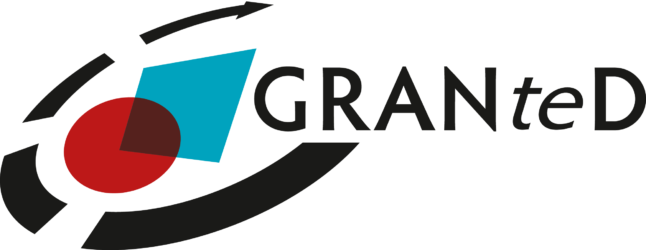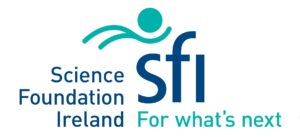Introduction to the 5 core RFOs of GRANteD
The following 5 RFOs agreed on participating in the GRANteD project as case studies and to provide access to data and their decision making processes:
Here a short introduction to the RFOs and the respective funding instruments under observation in the GRANteD project:
FWF Austria: ESPRIT Career Advancement for Postdocs
The ESPRIT funding instrument addresses highly qualified postdocs at the beginning of their career development and helps them to foster their research profile by supporting an independent research project. The next call is expected to begin in April 2021 with a maximum budget of twenty million EUR per year and potentially around 300 applicants per year. Applicants can apply for a grant on a rolling basis. Decision making process is a two-stage process, first a peer-review process and second a final decision making process by FWF’S Decision Board based on results of the peer-review process. Equal success rates for all sexes will be aimed at.
NCN Poland: SONATA
The SONATA funding instrument addresses highly qualified researchers with a doctoral degree (completed 2 to 7 years ago) and who are about to embark on career in research. SONATA supports its grantees in conducting innovative basic research using advanced research equipment and/or an original methodology. The 17th call of SONATA opens on 15th of September 2021 and closes on 15th of December 2021. Applicants can apply for research projects lasting 12, 24 or 36 months. The decision making process is characterised as a 2 stage peer-review evaluation process: First an expert team announced by NCN performs a quality check based on the data included in the short proposal (5pages) and annexes. Each proposal is reviewed by two members of the experts’ panel. The expert team recommends a list of proposals for the second stage. In the second stage proposals are reviewed by at least two external reviewers. Based on these reviews a ranking list of proposals recommended for funding is drafted. NCN Director announces the final decision. Final decision for the 17th call of SONATA is expected in June 2022.
SFI Ireland: Frontiers for Future Programme (FFP)
The FFP funding instrument addresses independent investigators in their mid to late career stage working in science, technology, engineering and mathematics. It comprises two streams: 1) FFP Projects (smaller and shorter grants) and 2) FFP Awards (larger and longer grants). The focus of the GRANteD project will lie on the FFP Projects. The latest call for the FFP Projects closed on 8th of October. The decision making process is still ongoing for this call. Final decisions are expected in the summer. In general decision making follows a multi-stage process. First proposals are reviewed and scored by three reviewers. Applicants are then afforded the opportunity to respond to reviewers’ comments. The original reviewers then have the option to adjust their reviews and ratings based on their assessment of the quality of the response. Top-ranked proposals proceed to a final oversight panel and proposals deemed to be fundable by the panel are ranked based on their final score. The programme provides supports to help address gender imbalance. For example, when ranking applications, in the event of applications receiving the same final score, SFI will give priority to applications from female lead applicants. Applicants also have the option of applying under the Emerging Investigator category which aims to assist researchers who have taken leave from research. Applications are funded down the ranked list until the programme budget is exhausted.
SRC Sweden: International postdoc grant (IPD)
The IPD funding instrument addresses newly qualified researchers with a doctoral degree (completed no more than 2 years ago) from a Swedish higher education institution in the fields of humanities and social sciences, medicine and health, natural and engineering sciences, educational sciences. The purpose of the IPD is to expand their networks and foster their competences by working at least two thirds of the grant period abroad at a host institution. The autumn call closed on the 22nd of September. 169 applicants applied for research projects lasting 18-36 months. The decision making process is characterised as a review panel process. First at least three members of the respective panel review and score the proposals. Then the reviewers (Swedish and international researchers) meet in the panels to discuss and prioritise the applications and to make a proposal for a decision to the Director General. In December 2020 the grantees have been announced: 41 out of the 169 proposals have been selected for funding. Almost 12,4 Mio. € will be allocated over the period 2021 – 2023.
SRDA Slovakia: General Call
The General Call funding instrument addresses scientists in general. The last call of the General Call was open until the 23rd of November 2020 with a total budget of 33 Mil. € and 622 applicants applied for it. Decision making process is still ongoing for this call. Final decision is expected around May 2021. In general the decision making process looks the following: In advance of the decision making process submitted applications are formally inspected. Then the applications are distributed among the council members and on the basis of a random, anonymous and automatic selection two reviewers are assigned to each application. The reviewers review the application and elaborate opinions, which are submitted to the council members. On their basis, the council members make the final decision.





